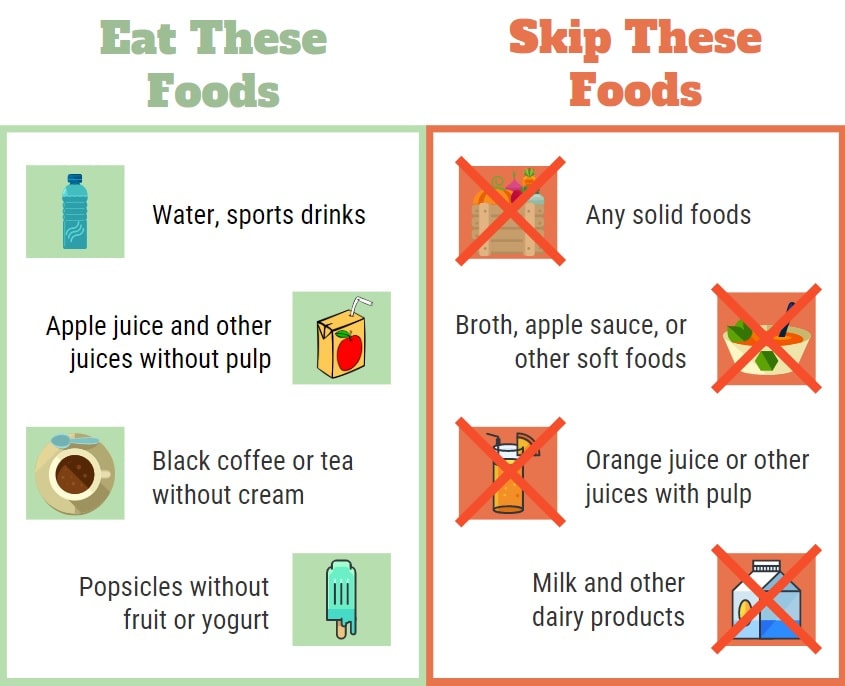Are you considering a liquid diet journey to improve your health or lose weight? With the rising popularity of liquid diets, understanding their ins and outs, benefits, risks, and responsible approach is crucial. In this comprehensive guide, we’ll explore everything you need to know about liquid diets, from types to planning, preparation, and success stories.

Introduction to Liquid Diet
A liquid diet involves consuming liquids or foods that turn liquid at room temperature while avoiding solids. Commonly used for medical purposes, weight loss, or detoxification, liquid diets range from clear liquids like water, broth, and herbal tea to full liquids like smoothies, soups, and protein shakes.
Benefits of Liquid Diet
Weight Loss By consuming fewer calories and controlling portions, liquid diets can yield significant weight loss results in a short time.
Digestive Health Healthcare professionals often recommend liquid diets to provide digestive rest and alleviate gastrointestinal symptoms like irritable bowel syndrome (IBS), Crohn’s disease, and colitis.
Medical Purposes In certain medical scenarios, such as before/after surgery or during recovery, a liquid diet may ensure adequate nutrition with minimal digestive strain.
Recipes and Meal Ideas

- 💡 A full liquid diet consists of foods that are liquid at body temperature, providing nourishment with little stimulation of the gastrointestinal tract.
- 💧 It typically provides around 1,200 calories and 40 grams of protein per day, but this can vary depending on additional snacks.
- 🍦 Foods allowed on a full liquid diet include items from a clear liquid diet, as well as milk products, custards, puddings, ice cream, eggnog, and other dairy products that are liquid at body temperature.
- ⚠️ One major contraindication is for individuals with lactose intolerance, as dairy products are included in the full liquid diet.
- 🩺 Full liquid diets are typically short-term and may be indicated for oral surgery, difficulty chewing or swallowing, or as a transitional diet post-operatively.
Potential Risks and Side Effects
Despite their benefits, liquid diets pose potential risks:
- Nutritional Deficiencies: Liquid diets may lack essential nutrients, leading to deficiencies if not properly balanced.
- Muscle Loss: Extended periods without solid food may contribute to muscle loss as the body uses muscle tissue for energy.
- Metabolism Impact: Calorie restriction from a liquid diet can slow metabolism, making long-term weight maintenance challenging.
Planning and Preparation
Consulting a healthcare professional before starting a liquid diet is essential, especially with underlying health conditions or dietary restrictions. They can offer personalized guidance for a safe and effective plan.
Variety in liquid meals is crucial for sustaining a liquid diet. Consider these ideas:
Duration and Guidelines
Liquid diet duration varies based on goals and medical needs. Follow guidelines provided by healthcare professionals and reintroduce solid foods gradually to avoid digestive issues.
Comparison with Other Diets
Liquid Diet vs Solid Diet Liquid diets involve fewer calories and less solid food than traditional diets, potentially making them more effective for weight loss.
Liquid Diet vs Fasting While both restrict food intake, liquid diets provide essential nutrients and calories, unlike fasting, which involves complete or partial food restriction for specific periods.
Success Stories and Testimonials
Many individuals have achieved success with liquid diets, experiencing significant weight loss and improved health, serving as motivation for those considering a liquid diet.
Conclusion
Liquid diets can be beneficial for weight loss, digestive health, and medical purposes when approached responsibly under professional guidance. Understanding their benefits, risks, and proper implementation empowers individuals to make informed decisions for their health and wellness.
FAQs
- Is it safe to follow a liquid diet long-term? Short-term liquid diets are safe and effective, but prolonged restriction may lead to nutrient deficiencies and health issues. Consult a healthcare professional before embarking on a long-term liquid diet.
- Can I exercise while on a liquid diet? Light to moderate exercise is generally safe but adjust based on your body’s response. Consult a healthcare professional for personalized recommendations.
- How can I stay hydrated on a liquid diet? In addition to liquid meals, drink plenty of water throughout the day. Herbal teas, clear broths, and electrolyte-rich beverages also help maintain hydration.
- What are the potential side effects of a liquid diet? Common side effects include hunger, fatigue, constipation, and dizziness, usually manageable with hydration, rest, and supplementation if needed.
- Can I customize my liquid diet based on preferences and restrictions? Yes! Liquid diets can be tailored to accommodate various preferences, allergies, and intolerances. Experiment with ingredients and recipes to find what works best for you.